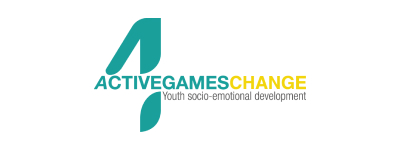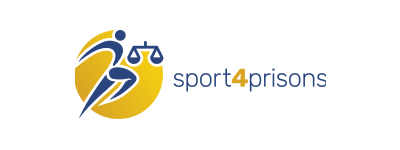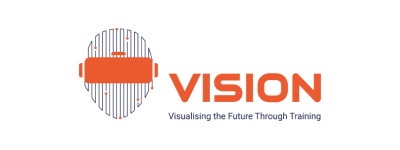
Active Games 4Change
Sport and physical activity learning environment for citizenship, emotional, social and e-competences training

Bringing Safety on the Roads
Timeframe
10/2019 – 09/2021 (24 months)
Get in touch

The BriSaR project focuses on adapting an existing programme in Portugal (namely STOP – Responsibility and Safety, targeted at Road Code violators) and update it in line with the research evidence and offender expectations. The project will support correctional staff in prison and probation settings to work more effectively with those offenders who have been sentenced for road offences.

Reduce convictions for road traffic offences through an evidence-based intervention (including offences like driving without a license, driving an unregistered car, driving a car with forged registration plates, driving dangerously or drunk driving).
Generate more public awareness regarding road safety.
Encourage the change of attitudes and behaviours associated with drunk driving to the voluntary adoption of alternative behaviours that prevent recidivism.
A literature review on road safety and previous programmes.
Development of the Bringing Safety to the Roads (BriSaR) programme.
Training for implementing the programme.
Programme piloting and evaluation.

Sport and physical activity learning environment for citizenship, emotional, social and e-competences training

Assessing the Risk of Isolation of Sentenced and Accused: Enhancing the Capacity of Correctional Services to Work with Convicted Children

Cross-sectoral awareness building on mental health needs in the criminal justice system and on release

Blended Learning Environment for European Prisoners

Coding in prison as a valuable OUTside tool for employment

Taking Further Prisoners’ Education Projects in Using Dialogue as Preparing for Release

European Interaction Guidelines for Education Professionals when working with Children in Juvenile Justice Contexts

European Induction Support for Adult Learning Professionals to the Correctional Criminal Justice System

Fair predictions of gender-sensitive recidivism

European Framework of Competences for Community Professionals in Gang Environments

Promoting sustainability in prisons through green competencies, education, and pathways to employment

Identifying future capabilities for Community Policing

Key Competencies for Minor Offender Reintegration

Development and testing of a process chain for the placement of former detainees as specialists in the labour market

Peer Pro-Social Modeling in Probation

Preventing Emotional and Sexual Abuse Among Young People

A flexible, multidisciplinary and transnational VET model for the PROBATION services and practitioners

Strengthening the capacity of criminal justice professionals and volunteers

New sports method for prisons as a tool to support competency development, positive values, and reintegration

Systematic Transition from Prison into the Labour Market

Training of Refugee Offenders by Virtual Reality

Secured digital education system for vocational skills for youngsters in closed institutions

Integrating Young Offenders Through the Blue Economy

Virtual reality for training inmates

Visualising the Future Through Training

Developing and Using Virtual Reality Technology for the Rehabilitation of Drug Users in Probation Services

Reducing Reactive Aggression through Virtual Reality